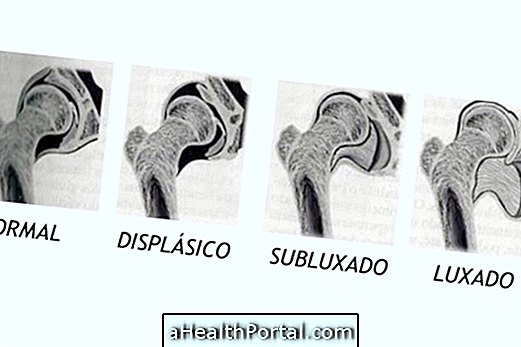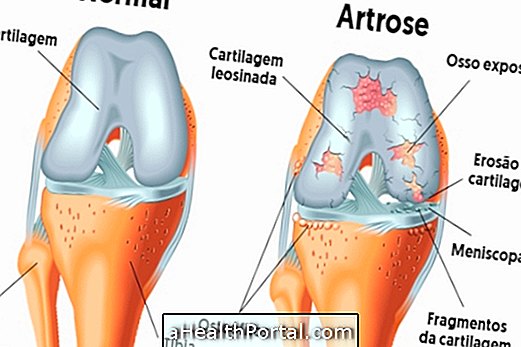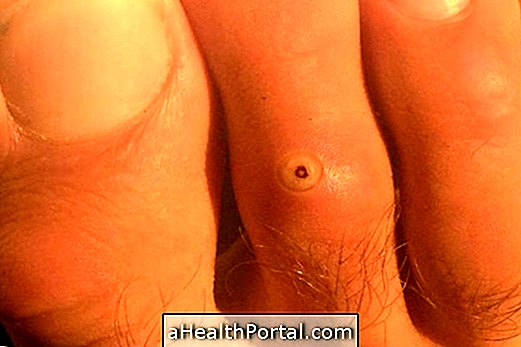The hiccup, technically called hypofonoglossia, is a benign and reflex phenomenon manifested by closure of the glottis and involuntary contraction of the diaphragm, followed by distension and relaxation, culminating in the expulsion of air from the stomach promoting a characteristic noise.
Hiccups can occur when the stimulus activates the nerves that contract the diaphragm. The involved nerves can be those that enter and leave the diaphragm (since the contraction of this muscle is responsible for each breath) or it can be the nerves that innervate the area of the brain that controls the respiration.
Hiccup attacks are generally harmless, they begin suddenly without an apparent cause and usually disappear spontaneously after several seconds or minutes.
Ingestion of hot or irritating food or liquids triggers an episode of hiccups. Other causes of hiccups, less frequent but more serious, are irritation of the diaphragm by pneumonia, chest or stomach surgery or toxic substances in the blood.
On rare occasions, the hiccup is a consequence of a brain tumor, how much it interferes with the center of the brain's breathing. These serious disturbances can cause prolonged bouts of hiccups, which are very difficult to control and may be a symptom of a chronic illness and require neurological treatment. If the hiccup persists for more than 24 hours it is recommended to seek medical help.
Certain drugs, such as scopolamine, prochlorperazine, chlorpromazine, baclofen, metoclopramide and valproate, may be used with relative success.












.jpg)



.jpg)





